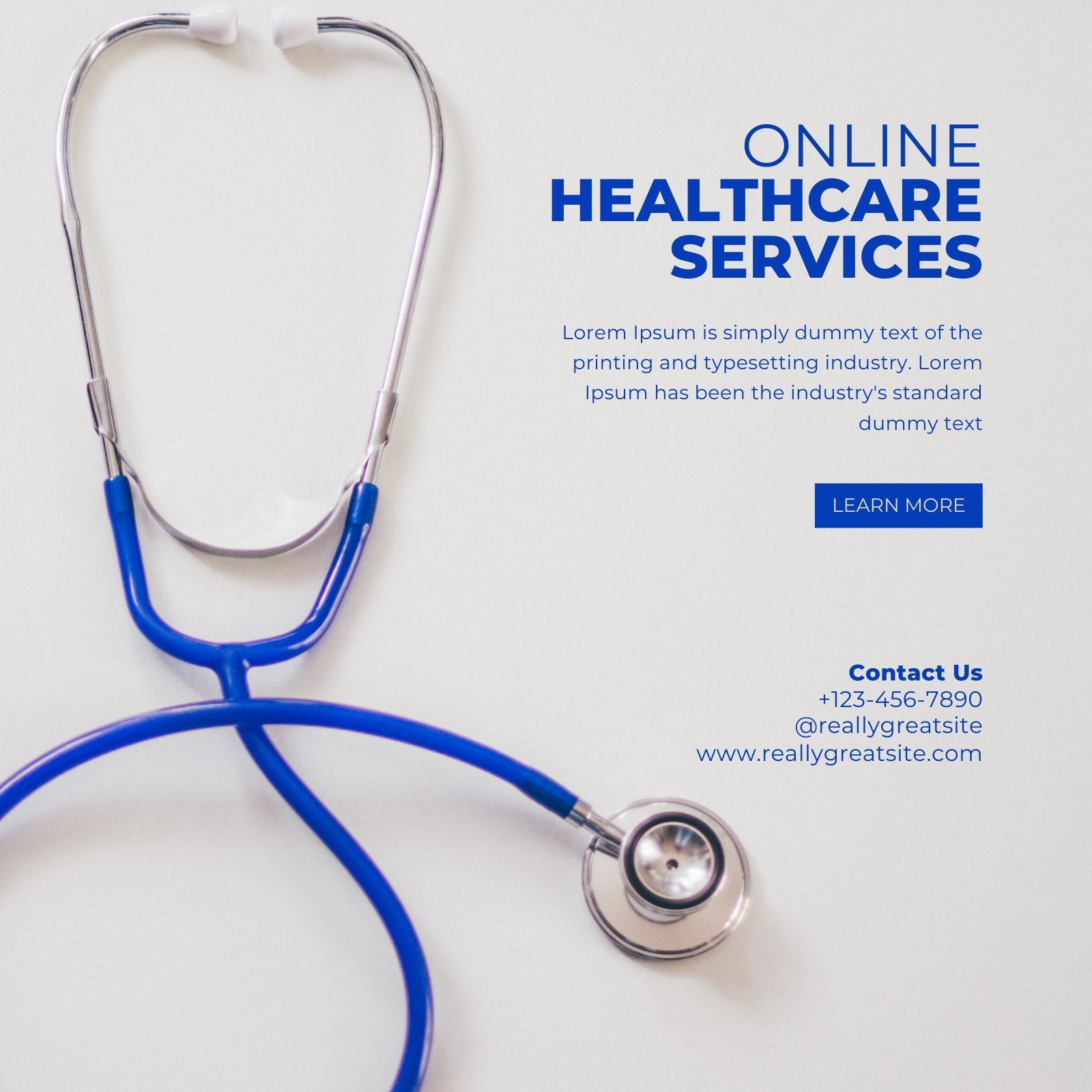Checking out the Development of Subscription Based Healthcare in the Digital Age
Checking out the Development of Subscription Based Healthcare in the Digital Age
Blog Article
Navigating the Future of Medicine With Subscription-Based Health Care Provider
As the healthcare industry evolves, subscription-based services emerge as a crucial model guaranteeing to improve individual treatment delivery. With the potential to provide structured, affordable remedies via foreseeable pricing and personalized attention, these services stand at the center of modern-day clinical advancement. Yet, as we consider their increase, one should ponder the effects of incorporating such systems into existing healthcare frameworks. What challenges do they position in terms of information safety and security and equitable access, and exactly how might they redefine the patient-provider partnership? The solution to these questions might basically change our strategy to healthcare.
Rise of Membership Health Care
As medical care systems around the globe face enhancing stress from rising expenses and need for services, the introduction of subscription-based health care versions has actually become a transformative fad. This cutting-edge strategy is interfering with standard health care delivery by supplying a foreseeable, flat-rate repayment structure for medical services. Rooted in the concepts of concierge medicine, subscription-based healthcare allows suppliers to focus on individualized client treatment while concurrently managing functional efficiencies.
The enhancing customer demand for openness and predictability in medical care expenses has actually driven the shift towards this design. Subscription-based services typically supply straight accessibility to health care professionals, which can minimize the management concerns linked with insurance cases and compensations.
This version is gaining traction amongst diverse doctor, from main treatment doctors to specialized clinics, by lining up economic incentives with constant and precautionary care. By shifting the focus from quantity to value-based treatment, membership health care has the potential to reshape the landscape, cultivating a more sustainable and patient-centered approach to health monitoring.
Advantages for People
In addition, subscription-based solutions usually highlight preventative treatment, encouraging routine check-ups and wellness testings. This positive technique can bring about early detection of health concerns, potentially improving outcomes and decreasing long-lasting health care prices for people. Additionally, such models normally use clear rates, permitting clients to better comprehend their healthcare expenses and avoid unforeseen clinical bills.
The customized nature of subscription-based healthcare likewise improves person experience. Patients can get customized medical care strategies that match their specific demands, cultivating an extra patient-centric technique.
Modern technology's Role in Improvement

Artificial knowledge (AI) plays a vital function in anticipating analytics, helping in early medical diagnosis and tailored treatment plans. AI formulas evaluate vast datasets to recognize patterns that could be neglected by human observation, thus boosting clinical decision-making. Digital wellness documents (EHRs) simplify person details administration, guaranteeing continuity and coherence of care across numerous solutions and service providers.
Blockchain modern technology enhances information safety and security and privacy, important for preserving patient rely on digital platforms. It enables clear and protected transactions of clinical information, making certain that delicate info remains safeguarded. With the integration of artificial intelligence and AI, blockchain can automate intricate medical care processes, lowering management problems.
Factors To Consider and challenges
While technology drives the capabilities of subscription-based medical care solutions, it also introduces a collection of difficulties and considerations that should be dealt with to make certain effective application. One substantial difficulty is the equitable access of these solutions. As membership designs usually count on digital systems, there is a threat of aggravating the electronic divide, leaving individuals without net gain access to or electronic literacy. Guaranteeing these solutions do not disproportionately benefit only tech-savvy and affluent populations is imperative.
Information personal privacy and safety and security stand for another critical factor to consider. Subscription-based solutions commonly require the collection and storage of large quantities of individual health info. Carriers must follow rigid information security guidelines to maintain patient trust and stop unapproved accessibility, which could cause considerable ethical and legal effects.
Furthermore, the sustainability of registration designs positions a difficulty. As healthcare requires advance, maintaining a cost-efficient equilibrium in between membership charges and service quality is important to avoid individual discontentment and attrition. Moreover, incorporating these services within standard health care systems calls for seamless interoperability between systems, which is commonly a complicated and resource-intensive endeavor. Addressing these obstacles is crucial as subscription-based health care services remain to advance and increase.
Future Ramifications for Medicine
Subscription-based medical care solutions are positioned to substantially affect the future landscape of medicine by reshaping how treatment is accessed and provided. These designs supply the pop over to this site potential to equalize health care gain access to, supplying people with more tailored and timely treatments. By leveraging innovation, such as telemedicine and data analytics, subscription services can facilitate continuous tracking and tailored health and wellness management, thus enhancing results and minimizing the problem on conventional health care systems.
As these solutions gain grip, they might stimulate a change in the direction of preventative care, emphasizing the value of very early discovery and management of persistent problems. This proactive method might browse this site ultimately decrease healthcare prices by alleviating the demand for pricey treatments developing from late-stage illness administration. Registration designs provide a scalable remedy to address differences in health care access, particularly in underserved or rural populations.
However, the transition in the direction of subscription-based models requires dealing with ethical and regulatory considerations, consisting of data privacy and fair access. As the market evolves, collaborative efforts between policymakers, innovation designers, and healthcare carriers will certainly be critical to establishing robust frameworks that safeguard individual passions while promoting advancement. Inevitably, these services guarantee to contribute considerably to an extra reliable, patient-centered healthcare environment.

Conclusion
Subscription-based health care solutions stand for a considerable development in the clinical area, providing foreseeable prices and individualized treatment that boost availability and focus on preventative measures. As the health care landscape evolves, subscription designs are poised to play a critical duty in forming the future of medication.
As the healthcare industry advances, subscription-based solutions emerge as an essential model assuring to reshape individual treatment distribution.As healthcare systems around the globe face raising stress from rising click this link expenses and need for services, the development of subscription-based healthcare versions has actually arised as a transformative fad (subscription based healthcare).With the increase of subscription-based health care versions reshaping standard health care distribution, individuals are beginning to experience substantial advantages from this ingenious strategy. As healthcare requires progress, maintaining an economical balance between subscription costs and service top quality is essential to protect against client dissatisfaction and attrition.Subscription-based medical care solutions are positioned to substantially affect the future landscape of medication by improving how care is accessed and delivered
Report this page